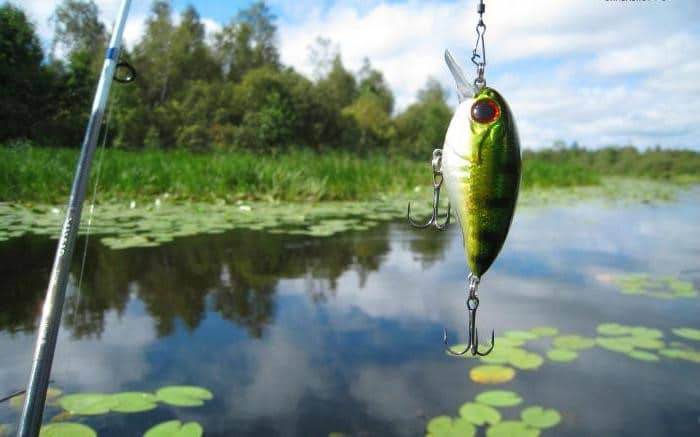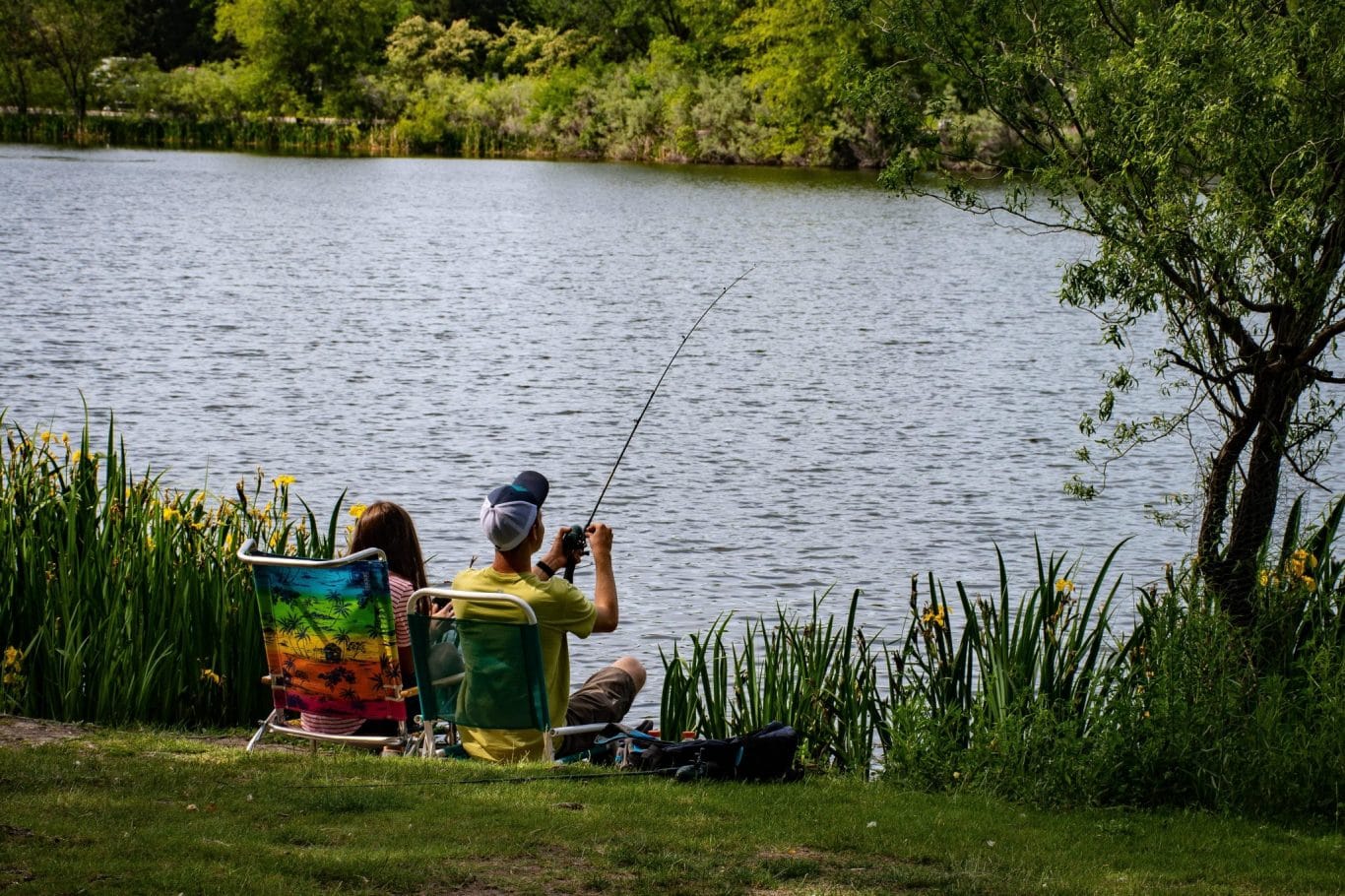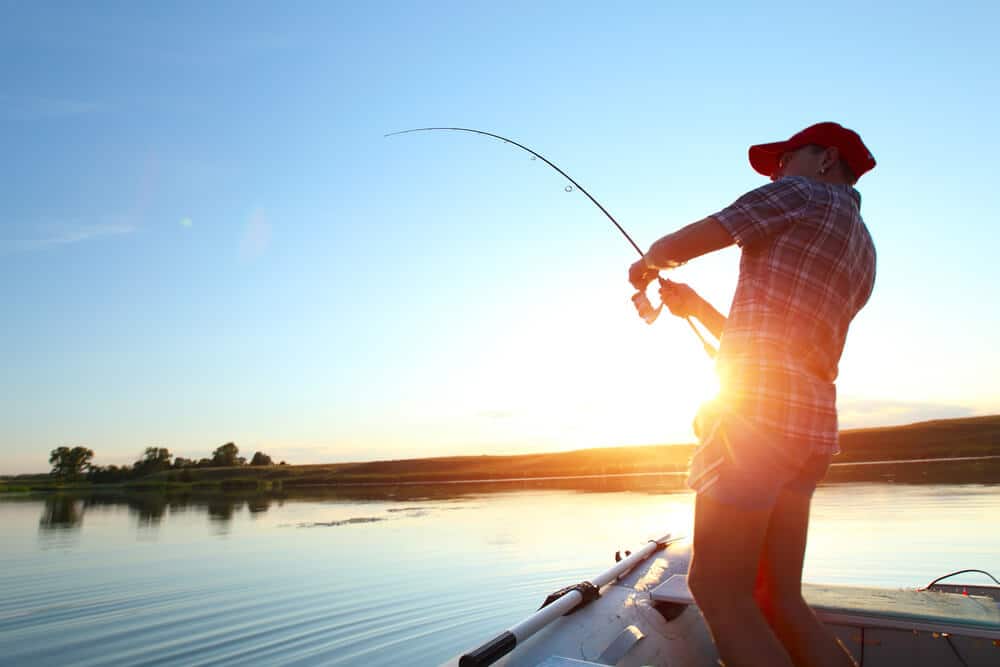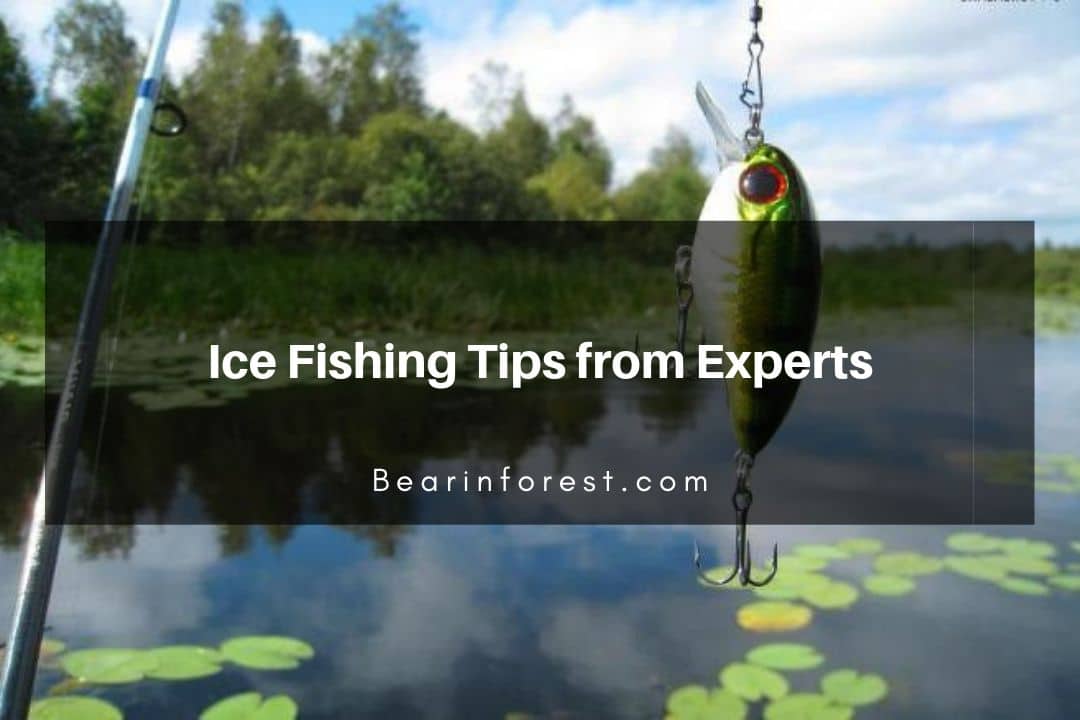As the cold weather creeps in, many anglers put away their fishing rods and lament the end of fishing season. For those who love ice fishing, however, the season is just beginning! Ice fishing can yield some of the biggest game fish, from walleye to northern pike and much more. While winter is not the most popular fishing season, there are plenty of fish to be caught through the ice.
If you can handle the cold, ice fishing is a fun way to enjoy fishing through the winter, so you don’t have to wait for next season. To help you find more success on your next ice fishing trip, we’ve compiled some tips from expert ice fishermen. Bundle up and try these ice fishing tips!
Do Some Research
With any form of fishing, it is helpful to do research prior to your trip. Even if you’ve been ice fishing before, you should research the location where you’re fishing and learn what fish are present. When it comes to ice fishing, you need to know what fish you’re targeting - this is vital to know how to fish.
Different species swim at different temperatures and depths, especially in the winter when the water is cold. Fish need to keep their body at a certain temperature, so they will stay at a certain depth. Knowing what you’re targeting will help determine how deep to fish, what lures to use, and other techniques that will make or break whether you make a catch.

Use the Right Gear for Ice Fishing
Again, it’s always important to use the right fishing gear to improve your chances of success. Ice fishing is very different from other forms of fishing, however, so the proper gear is more specialized. Using the right gear is essential to your success on the ice.
Ice fishing rods should be much shorter than standard fishing rods. Aim for a 2 to 4 foot ultralight rod. A shorter rod helps you angle around the hole in the ice better, and ultralight rods will be more sensitive to subtle bites. Ice fishing reels are also lighter and smaller to match the rods, and typically spinning reels are used.
Ice fishing line should also be super light so that you can detect bites in cold water. Fish are less active in the cold, so the bites are less aggressive and often hard to notice. There are lines made specifically for ice fishing, but you can also use standard line if you use a lighter, low test line. Many ice fishermen also use fluorocarbon leaders, because it is harder for fish to see.
Consider Depth
As we mentioned, fish only swim at certain depths in the winter based on their body temperature. Because of this, it is vital that you consider the depth that you need to find fish. Different species swim at different depths, so figure out what you’re targeting and select your depth based on that research. Fish like perch and bluegills like to feed off the bottom in the winter, so bouncing your bait along the bottom can result in a catch.
Depth is important as it relates to the lures you choose, weights, and bobbers. A bobber can be extremely useful when ice fishing, in part because it keeps your lure at a predetermined depth, and also because it helps you detect subtle bites. Use a bobber when ice fishing so that you can find fish and set your hook more easily.
Set up your rigs to match the depth you want to fish. You should choose your lures based on the fish you’re targeting as always, but also consider their weight. The lures need to sink to the proper depth to attract fish.

Don’t Rush
Ice fishing may feel slow sometimes, but if you rush or fish aggressively, you will hurt your chances of a catch. Fish try to save energy in the cold weather of winter months, so they will not bite as much or swim as quickly as they do in warmer weather. Moving your bait or lures around too quickly or suddenly may turn off a fish, as they are conserving their energy. Keeping bait steady or just lighting vibrating them will find more success than hard jerks or quick movements. Many anglers have found success by very lightly vibrating jigs to attract fish.
Cover the Hole and Stay Quiet
Since fish are less likely to bite in cold water, it’s important that you optimize your environment. There are many factors that could scare off a skittish fish. One thing is light: fish may avoid patches of light coming through the ice. To combat this, cover the hole in the ice slightly with some snow or ice shavings. Preventing excess light from getting through may help to catch fish. When fishing for crappie, however, letting light in may attract plankton, which then lures in crappie.
You should also try to be as quiet as possible so that you don’t scare off the fish with noise. Carving out a hole in the ice will inevitably be noisy, but after that try to keep it down so that you don’t spook the fish.
Try Different Spots
Don’t stick to one spot all day, especially if you’re not catching anything there! The most successful ice anglers carve multiple holes in the ice so that they can try different areas. Try multiple spots to improve your chances of making a catch. If you have one, use a fish finder to find the spots where the fish are hiding. Fish finders work fine through ice, so you won’t have to drill a hole to check different areas on the lake.

Stay Safe While Ice Fishing
Our final tip is to stay safe while you’re ice fishing! Ice fishing is dangerous for a few reasons, from the slippery nature of ice to the cold weather and possibility of hypothermia. Dress for the weather and stay dry to avoid hypothermia. Know the signs in case you or someone else on the lake is in danger of frostbite or hypothermia. Wear the proper gear so that you don’t slip on the ice, and wear an ice pick in case you fall in. Enjoy your ice fishing trip safely!
